Article performance four years after publication across all publication models:
Subscription
articles
Articles in a fully
open access journal
Open access articles
published in a hybrid journal
Delayed open articles
Free to read after an embargo period
Average full-text views per article
0
636
0
1827
0
2748
0
1059
Average citations per article
0
10
0
13
0
19
0
12
Average Altmetric score per article
0
3
0
8
0
16
0
6
Source Wiley
Wiley’s global open access reach
Countries offering open access via a transformational agreement
Countries eligible for a full waiver
Countries eligible for a discount
Deep dive
Our white paper examines these complexities and highlights how we are taking actionable steps to make OA publishing equitable.
Learn more


